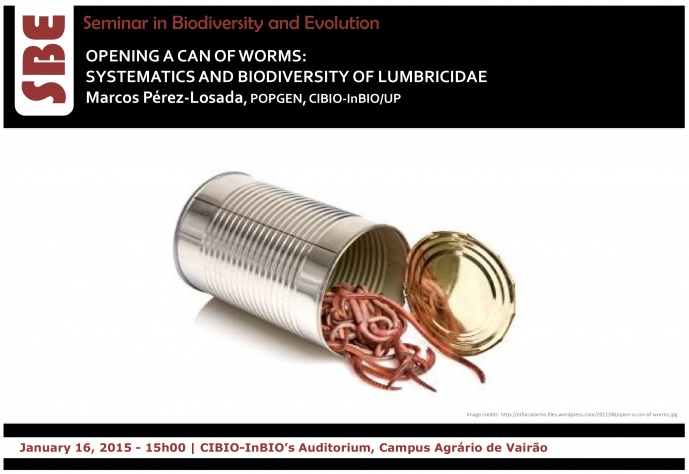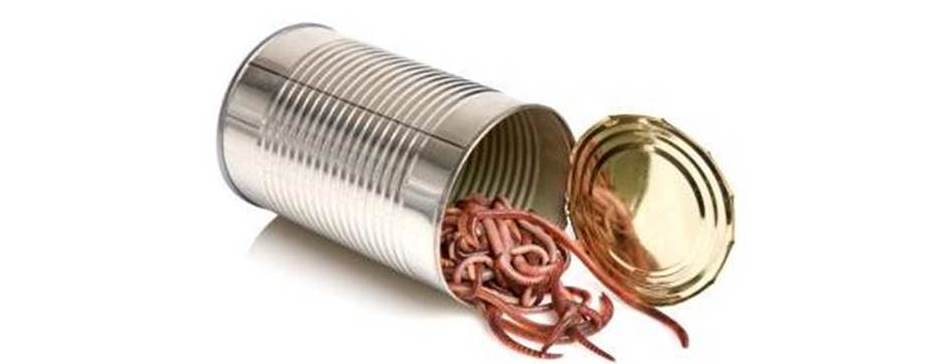OPENING A CAN OF WORMS: SYSTEMATICS AND BIODIVERSITY OF LUMBRICIDAE


Lumbricidae (Annelida: Oligochaeta: Crassiclitellata) account for ~300 described species distributed into 6 to 35 genera. They are the most abundant invertebrate in agricultural lands from temperate regions, are essential components of the soil biological community and an important link in animal food webs, and play a major role in the biogeochemical cycles of terrestrial ecosystems. Moreover, some species are also model organisms in ecology and evolution and are of great economic and environmental value.
Despite their biological and economic importance, we are still missing a comprehensive and robust phylogeny of the group. Consequently, several key issues on earthworm evolution remain unresolved: (1) Lumbricidae systematics and classifications do not reflect evolutionary relationships. (2) Their temporal and geographical radiation in the Holarctic ecozone is unknown. (3) Their morphological diversity and reproductive strategies are poorly understood. (4) The role their ecological life-style plays in their evolution has not being studied. Finally, Lumbricoidea displays an unprecedented species biodiversity. But so far, no steps have been taken to estimate and compare such biodiversity across terrestrial ecosystems and geographical regions in the northern hemisphere.
In this presentation I will address these issues within an evolutionary framework and coupling molecular, morphological and ecological data with phylogenetic approaches. I will also present some preliminary analyses on the interaction between earthworms and their gut microbiota.
Marcos Pérez Losada was born in Vigo, Spain. He completed his B.S. in Biology at the University of Santiago de Compostela (Spain) and his M.S. and PhD in Biology at the University of Vigo. He held research positions at Brigham Young University and University of Vigo and currently he is an Associate Research Professor at CIBIO-InBIO. His main research interests are in phylogenetics and population genetics of invertebrates (crustaceans and earthworms) and phylodynamics and molecular evolution of infectious diseases (HIV and asthma).
Image credits: http://ethicsalarms.files.wordpress.com/2011/08/open-a-can-of-worms.jpg
[Group Leader: Nuno Ferrand de Almeida, Population Genetics, Hybridization and Speciation]